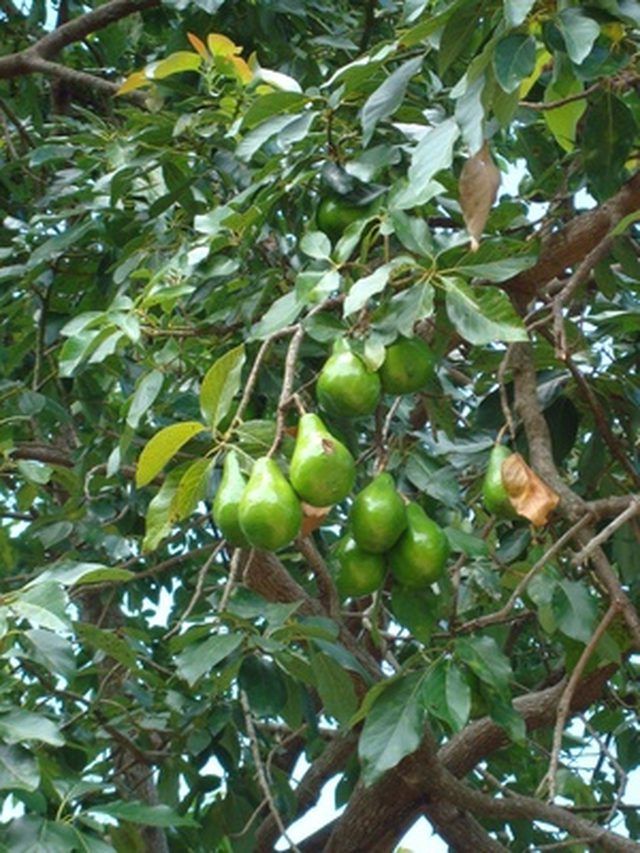Bulbs
Flower Basics
Flower Beds & Specialty Gardens
Flower Garden
Garden Furniture
Garden Gnomes
Garden Seeds
Garden Sheds
Garden Statues
Garden Tools & Supplies
Gardening Basics
Green & Organic
Groundcovers & Vines
Growing Annuals
Growing Basil
Growing Beans
Growing Berries
Growing Blueberries
Growing Cactus
Growing Corn
Growing Cotton
Growing Edibles
Growing Flowers
Growing Garlic
Growing Grapes
Growing Grass
Growing Herbs
Growing Jasmine
Growing Mint
Growing Mushrooms
Orchids
Growing Peanuts
Growing Perennials
Growing Plants
Growing Rosemary
Growing Roses
Growing Strawberries
Growing Sunflowers
Growing Thyme
Growing Tomatoes
Growing Tulips
Growing Vegetables
Herb Basics
Herb Garden
Indoor Growing
Landscaping Basics
Landscaping Patios
Landscaping Plants
Landscaping Shrubs
Landscaping Trees
Landscaping Walks & Pathways
Lawn Basics
Lawn Maintenance
Lawn Mowers
Lawn Ornaments
Lawn Planting
Lawn Tools
Outdoor Growing
Overall Landscape Planning
Pests, Weeds & Problems
Plant Basics
Rock Garden
Rose Garden
Shrubs
Soil
Specialty Gardens
Trees
Vegetable Garden
Yard Maintenance
How to Grow Fruit Trees in South Mississippi
How to Grow Fruit Trees in South Mississippi. Most gardeners think about having some fruit trees in their garden. Unfortunately not all fruit trees perform well in the coastal environment of south Mississippi. Plants grow fast and big in southern Mississippi, but not everything will grow in the humidity and salt air of the Mississippi coast. Fruit...

Most gardeners think about having some fruit trees in their garden. Unfortunately not all fruit trees perform well in the coastal environment of south Mississippi. Plants grow fast and big in southern Mississippi, but not everything will grow in the humidity and salt air of the Mississippi coast. Fruit trees in south Mississippi should be disease-resistant, have low chill hours, and be able to perform in the coastal climate. Chill hours are the hours in a year an area is below 45 degrees F.
Things You'll Need
Shovel
Fertilizer
Lime
Clippers
Pick apple, pear, peach and plum trees that are best for the part of south Mississippi where you will be growing the fruit trees. The tags on the fruit tree will tell you which zones the trees will grow in. Youíll need a tree that grows in zone 8 or 8b. A local nursery or the county extension service will be able to help you make a decision on which cultivars will fit your particular situation.
Buy quality fruit trees from a reputable nursery. A good choice is a 1-year-old tree that is 3 to 5 feet tall with a ? inch diameter trunk. The roots should be healthy and well-formed. Donít purchase a fruit tree with small dried-up roots.
Plant trees in early spring and allow 15 to 20 feet on all sides for growth. Trees grow big quickly in south Mississippi. Dig a hole three times as wide as the root ball but only as deep as the plant was planted in the nursery. Spread roots out in the hole and fill in with the soil. Press dirt down to get rid of air pockets and give the fruit tree roots good soil contact.
Fertilize with a well-balanced 8-8-8 or 10-10-10 fertilizer once a year in early spring. The soil in south Mississippi has a high acid content, so lime will need to be put around the base of fruit trees. Get a soil test done at the county extension center every two years to keep the acid in balance.
Prune newly planted fruit tree to 30 inches above the ground. Select a tall, straight central branch for the tree, and trim the shoots so they all come off the central branch. This will give the tree a good central trunk. Lower branches should be at least 20 inches above the ground. In early spring, prune trees to keep the shape and the main branch intact.
Thin out smaller fruit, when there's an overabundance of fruit, so the branches won't break and the remaining fruit will be large and of good quality.
A spray schedule should be established to protect trees against blight, rust and bitter rot. Follow directions on the box label.
Tips & Warnings
Fruit plants will not tolerate poor soil drainage
When using pesticides, always follow instructions on the label.